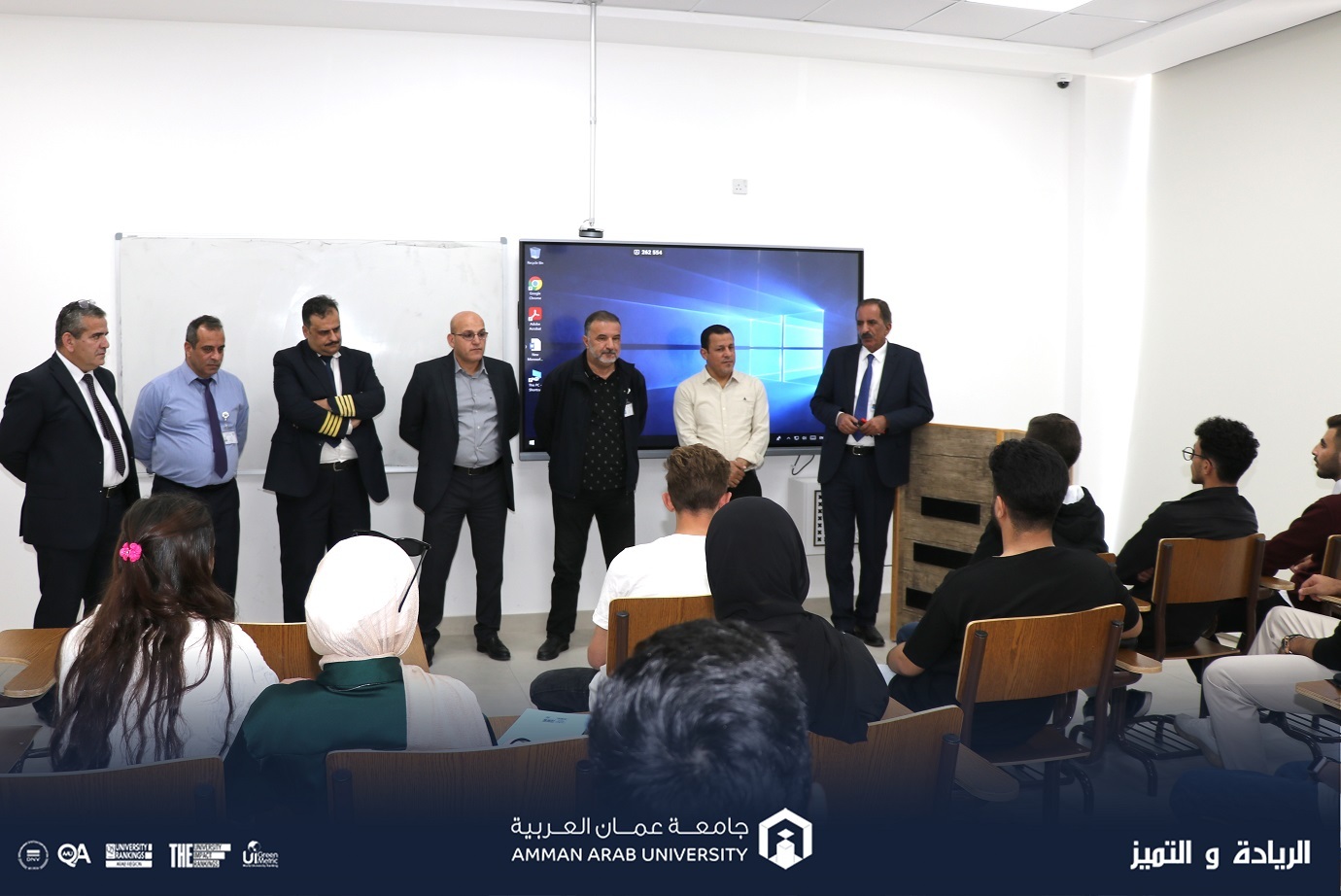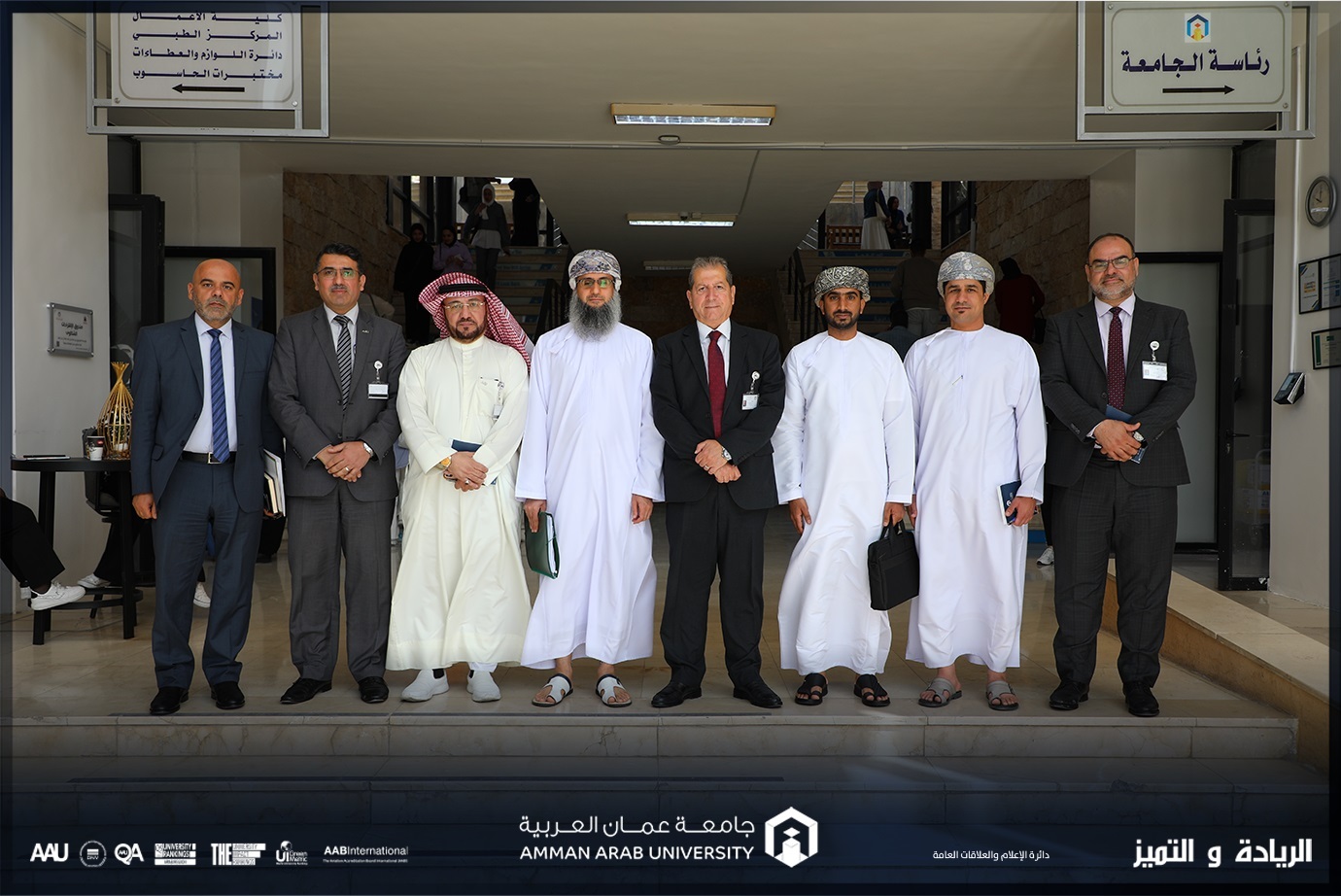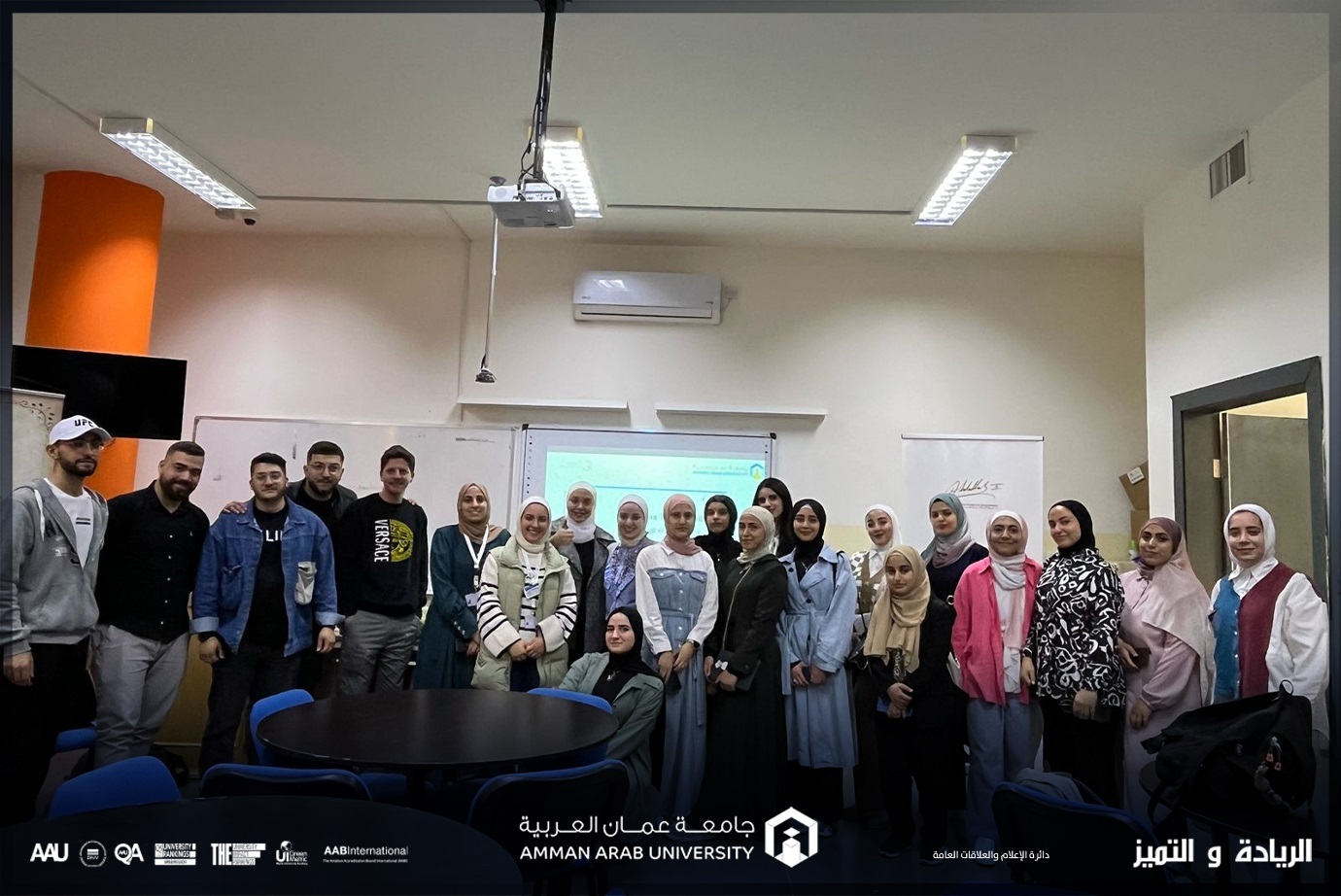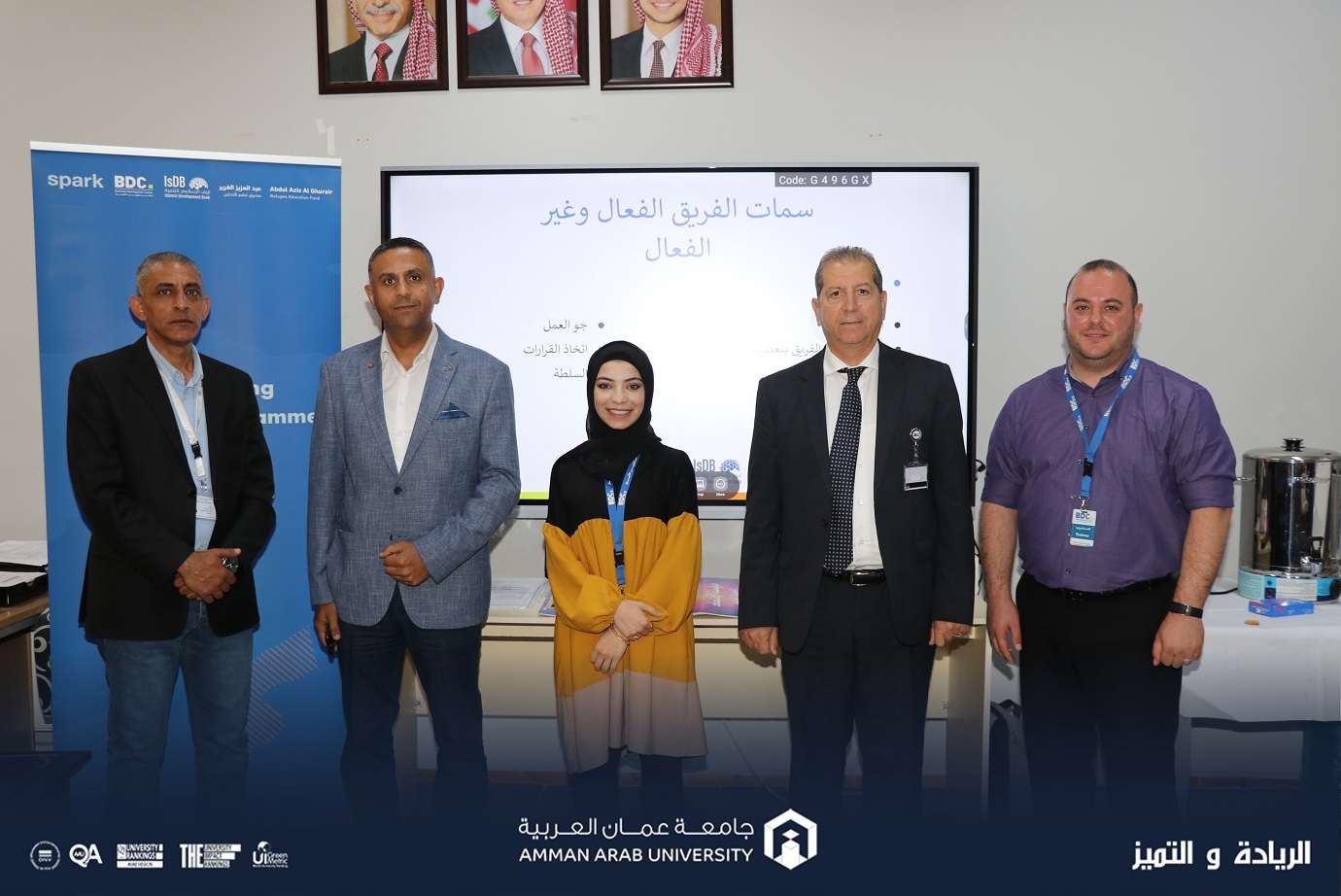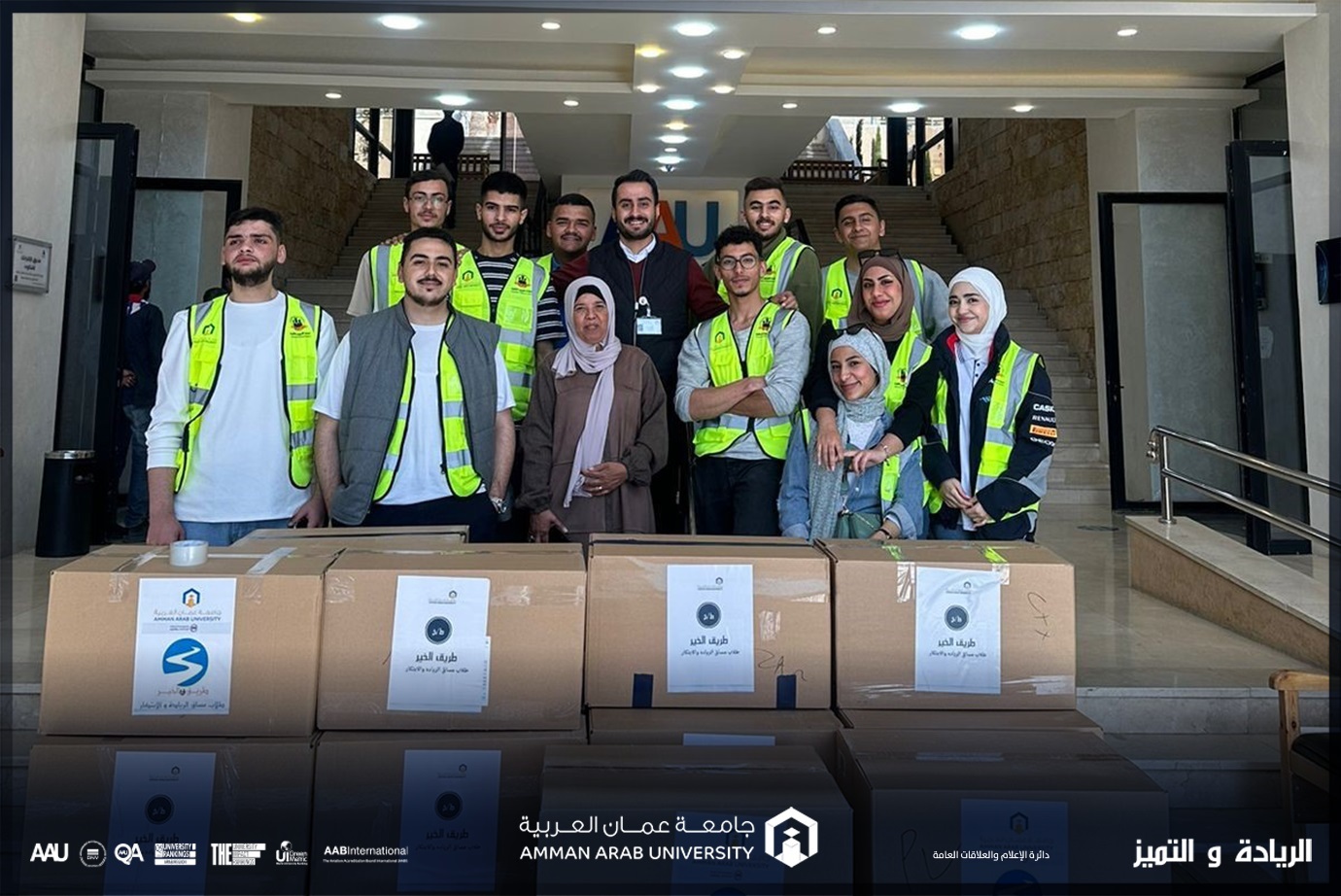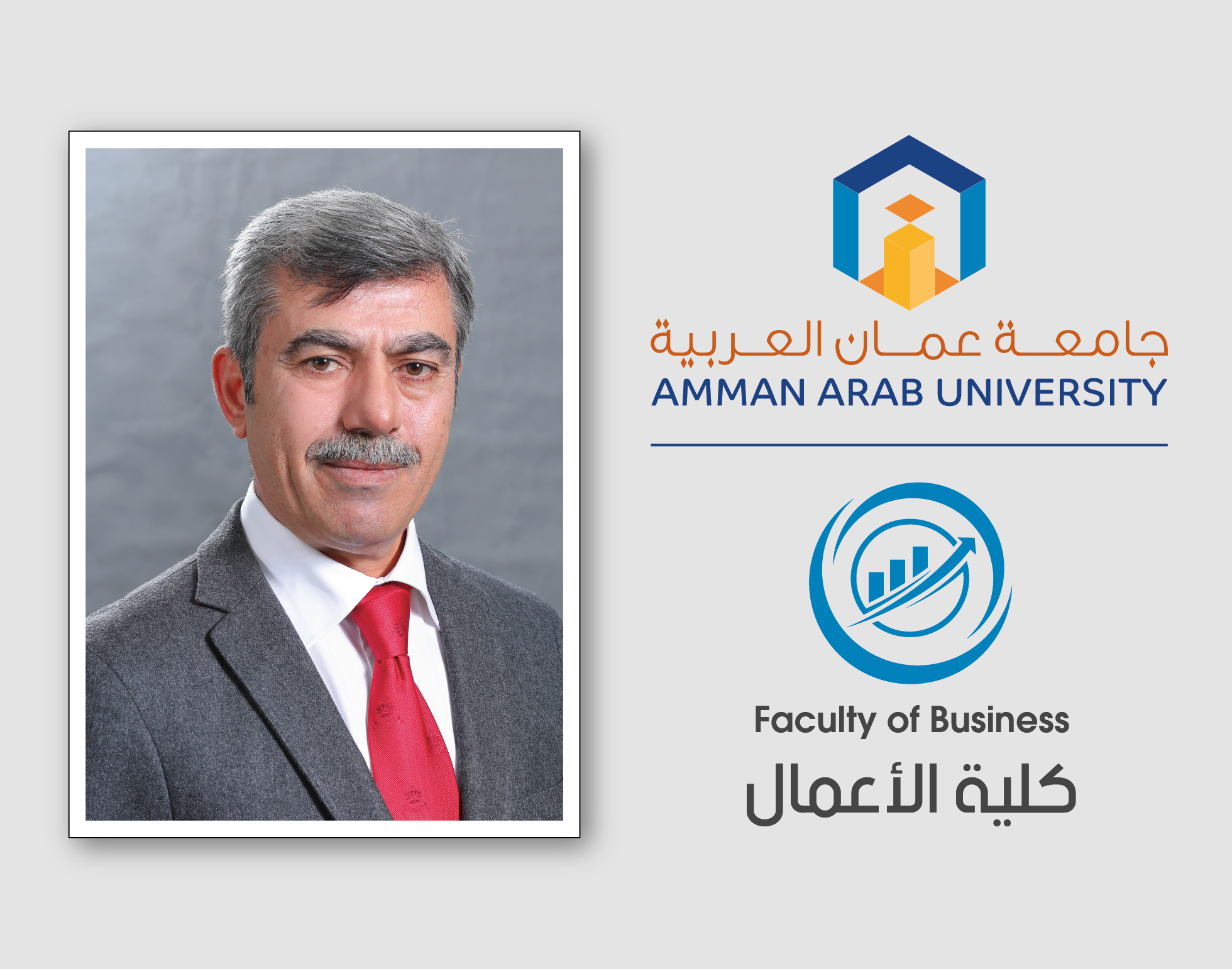
Digital Transformation and Universities Readiness
By: Prof. Dr. Younes Megdadi
Universities all over the world have realized the challenges of digital transformation in light of the rapid technological development, which has become an integral part of the educational system for all academic programs, due to the many advantages for the benefit of the parties to the educational process and the expiration of the traditional methods, methods and tools known to all, which prompted them to conclude agreements with international companies specialized in technology, and software, technologies and tools to prepare its infrastructure for the educational process for all academic programs and various specializations to build students’ knowledge and skills and prepare them for the labor market in light of the digital transformation imposed on all sectors.
Observers have noticed that there is a clear response from universities around the world by equipping their technical educational infrastructure in accordance with the specifics and nature of academic programs and their contents. Some have made substantial modifications to the content of their programs and study plans, some have decided to stop traditional programs, and some have introduced new programs to keep pace with digital transformation. However, the level of universities response which shows a variance by virtue of the available capabilities, which was reflected in the level of technical readiness of universities, and observers indicated that the readiness of third world universities was somewhat faltering for several reasons, including the lack of sufficient financial capabilities, the absence of specialized competencies in the areas of digital transformation, and the modest visions and strategic thinking interested in keeping pace with the challenges of education, which Most of them relied on individual efforts and perceptions that lacked extensive experience, and this is evidenced by the difficulty of third world universities’ progress in the global academic rankings as one of the current challenges, except for a few of them who paid attention, realized, and were quick to deal with these challenges with a broad strategic thought to maintain their position in the global academic community.
Recently witnessed of our Jordanian university a trend towards developing a number of academic programs related to digital transformation and its widest doors to meet the needs of the new labor market with graduates who have high-tech skills and within different specializations, which are known to all, although digital transformation has included all academic disciplines in all scientific, humanities and literary faculties, but many wonder about the readiness of these programs and their technological infrastructure as basic requirements to enrich the educational process for students to ensure the graduation of competencies equivalent to graduates of universities in developed countries.
We all agree that digital transformation has become a major challenge and the cost of responding to its requirements exceeds the capabilities of our universities, which requires stopping seriously and far from showing off to deal with this challenge with an insight into its crucial importance in the future of universities and their academic programs and various scientific disciplines to enable them to keep pace with the requirements of the labor market, which everyone is eagerly awaiting by graduating qualified competencies High technical skills and capabilities in light of the diverse digital economy in its various fields.
The repercussions of digital transformation are seen by specialists as requiring high-level technical equipment in line with its specificity and outputs, which necessitates the need to conclude partnerships and agreements with specialized international companies to equip universities technologically so that they can graduate technically qualified students to meet the needs of the labor market so that they have an active role in achieving sustainable development, which It has become the preoccupation of the leaders of the countries of the world to be the true nucleus of a better future in harmony with the aspirations of His Majesty King Abdullah bin Al-Hussein and his great crown prince, may God protect and preserve them.



